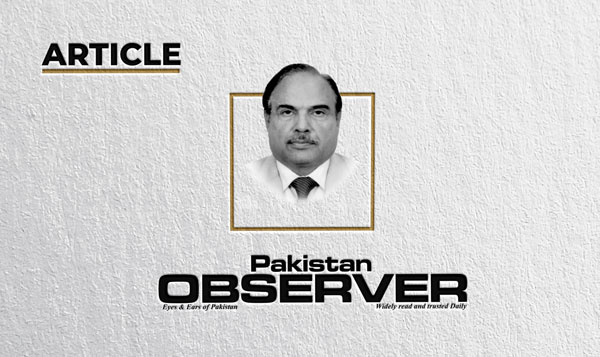Credit goes to ECP !
OFFICIAL results of local government elections in Karachi and Hyderabad that came out as Pakistan People Party Parliamentarian emerged victorious from both cities.
While the party more or less swept polls in Hyderabad, it was a close contest in Karachi where Jamaat -i-Islami gave a tough time to PPPP that rules Sindh.
Even after the complete results for Karachi were announced, question marks over the post-voting electoral process persisted with contesting parties and candidates casting doubts over delayed results, non-availability of required documents to political agents and a slow response from the Election Commission of Pakistan to the complaints.
According to the results announced by the Election Commission, the PPPP secured 94 seats in Karachi, including one elected unopposed.
The JI won 86 seats, followed by the PTI with 40 seats. PML-N bagged seven seats, JUI three, Tehreek Labbaik Pakistan two, Independent candidates three and one seat to the MQM-Haqiqi. With a total of 246 Union Councils in seven Karachi districts, elections were held on 235 on January 15. The voting in the 10 remaining constituencies was postponed due to deaths of candidates over the past few months, while in one constituency the PPPP candidate has returned unopposed.
For general information, it is astonishing that Pakistan People Party did not contest the elections headed by Mr. Bilawal Zardari and elections were contested on the platform of Pakistan People Party Parliamentarian under the chairmanship of Asif Ali Zardari.
After much ado, the second phase of local government elections in Sindh was held on 15th January, despite the provincial government’s best efforts to delay this crucial democratic exercise indefinitely.
Credit goes to the Election Commission of Pakistan’s firmness, elections were held primarily in urban Sindh, including Karachi, Hyderabad and a few other districts, to elect representatives to the third tier.
Before 15 January’s electoral exercise, Pakistan’s biggest city had been without elected representation at the local level for nearly two and a half years. The polling process was largely peaceful, though marked by low turnout, for which various reasons were responsible.
While the MQM-P which traditionally dominated electoral politics in urban Sindh, sat this one out because of what it saw as unjust delimitations and fake voters’ lists.
It is a matter of concern that the JI and PTI have raised questions about the transparency of the elections, particularly the late compilation of Karachi results, with both parties alleging that state machinery was used to rig the elections.
As if the opposition parties have solid proof of illegal practices being used to influence the elections, they must produce it, while the PPPP-led administration and Election Commission of Pakistan must satisfy critics of the transparency of the local polls in the light of Form-11 and 12 which are self-oriented documents.
Regardless of who emerges as the winner in Karachi, it is clear that the task for the new mayor of the megacity will be gargantuan.
Ensuring that the elections were held was itself a major achievement, convincing all of their fairness will be even more challenging, while getting down to work and rebuilding this metropolis, and indeed the rest of Sindh, into livable 21st century urban space will be the toughest task of all.
For this, the 2013 Sindh local government law needs changes, particularly to empower the Mayor of Karachi and other civic bodies in the province with the tools needed to run an effective administration.
If the Karachi Mayor remains a figurehead and all municipal powers continue to be concentrated in the provincial government, the local government elections will largely be a cosmetic exercise.
Karachi is in ruins and unless the provincial administration supports the incoming mayor with powers and finances, the deprivation of the megacity will only increase.
The Election Commission of Pakistan summoned Imran Khan on 11 January to explain why he continues to hold the PTI Chairmanship even after his disqualification in the Toshakhana case.
The notice explains that the ECP had conducted hearing on 20 December 2022 whereby the order was passed that after hearing the applicant, the ECP has observed that the respondent Imran Khan Niazi is holding the position as Chairman of PTI despite having been disqualified, de-seated from NA-95 Mianwali in the order passed on 21 October 2022 by the Election Commission of Pakistan on the account of making false statements and incorrect declaration about his assets and liabilities.
It is further observed by the ECP that pursuant to the pronouncement of the august Supreme Court of Pakistan reported as PLD-2017-SC692, he being a disqualified person, cannot hold post as Chairman of a political party ie PTI. The ECP will hold ex-parte proceedings and announce the verdict if the PTI leaders skip the next hearing.
—The writer is former Secretary Election Commission of Pakistan and currently Chairman National Democratic Foundation.










